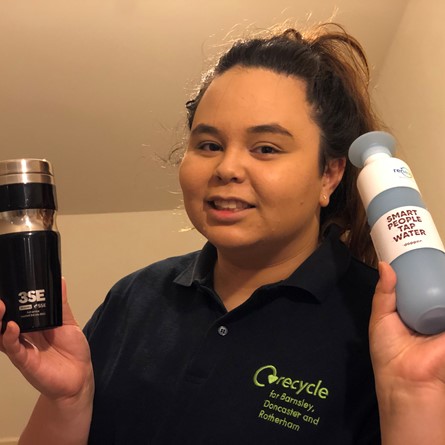WHAT CAN I COMPOST THIS CHRISTMAS?
FOOD WASTE: Over Christmas, we in the UK create a lot more food waste than usual.
Peelings from your vegetables such as carrots and potatoes, fruit scraps like apple cores and orange peels, egg shells, coffee grounds and tea bags all can be added to compost heaps without any issues, and are rich in nitrogen which is vital for your compost.
Meat and dairy products can attract vermin and pests if added to a normal composting bin, but they can be placed in a hot composting system such as a hot bin, or a food waste digester such as a bokashi bin or wormery.
PACKAGING: Many of us get a lot of presents delivered in paper and cardboard packaging, which can be composted and are vital in balancing the ‘brown/green’ material mix in your bin.
These materials add carbon and air pockets to your composter which help the composting process.
Make sure to reduce and flatten your cardboard before adding it to the compost and be careful not to add plastic coated or glossy papers to the compost – these need to be disposed of in your normal waste bins.
CHRISTMAS TREES: Real Christmas trees and wreaths can be composted too, however they do require a bit of prep work first.
Make sure to strip the branches off and cut everything down into small pieces. The smaller the pieces the better it is for your compost as any large woody bits will take a long time to break down.
Big pieces of wood can take a long time to compost (one to two years) so be patient. Consider only composting the branches if you want a quicker compost.
If you’re adding real trees or wreaths to your compost make sure any decorations, wires and plastic fixing are first removed.
Do not add anything to your composter that has been covered in fake snow as it won’t decompose and will add unwanted chemicals to your compost/soil.
WHAT CAN’T I COMPOST THIS CHRISTMAS?
Wrapping paper and Christmas cards are often coated in plastics or contain glitter and embellishments, which won’t break down in compost bins at home. If you have cards and wrapping paper which are free from these, you can add them to your composter but make sure that any plastic tapes, ribbons, or other decorations are removed first.
Some sweet wrappers will say that they come in compostable plastic packaging however this often refers to industrial scale composting and not the type of composting performed at home therefore they might not breakdown in your compost bin.
GETTING STARTED
If you haven’t already got one, you’ll need a compost bin or heap to get started. There are many different ways to get started on your composting journey, find out more here.
COMPOSTING IN THE COLD
The composting process works faster when the weather is warmer and can stall over the winter months. Check out our top tips on keeping your composting going over the colder months here






